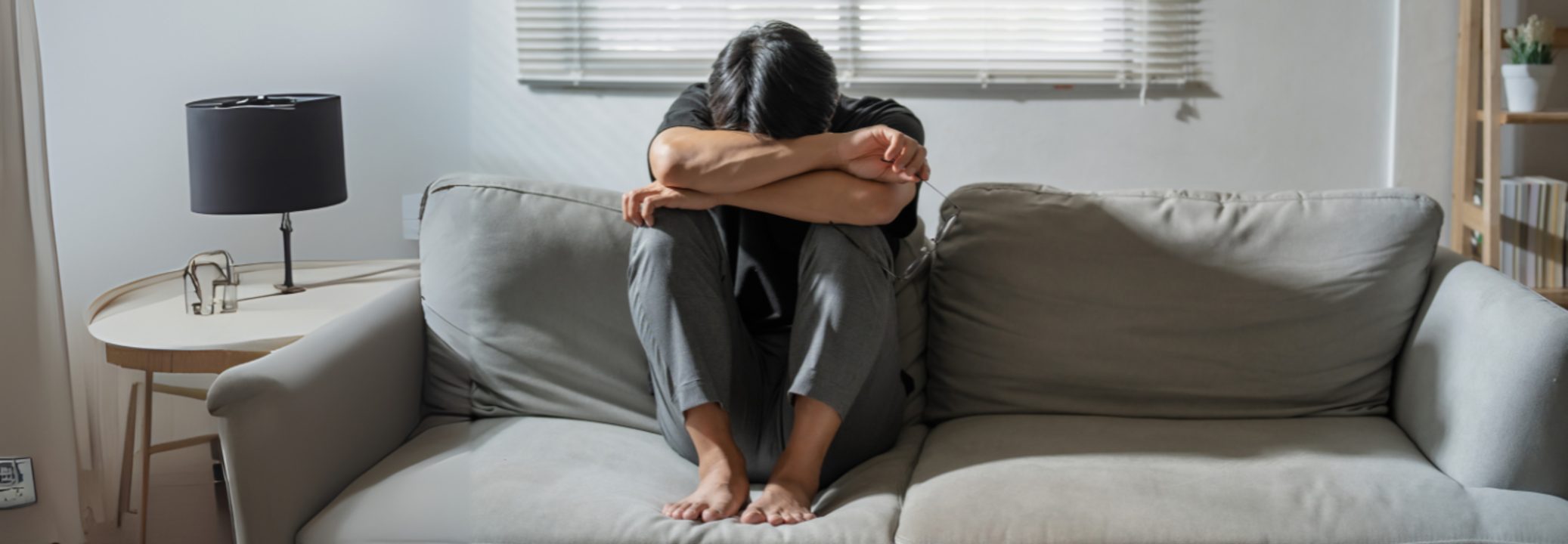Can Anxiety Cause Chest Pain? How To Differentiate Between Anxiety Chest Pain And Heart Attack

SummaryAlthough many people think anxiety is just a mental health issue, it can have physical effects as well. Here is one you should know about.
End of Article
